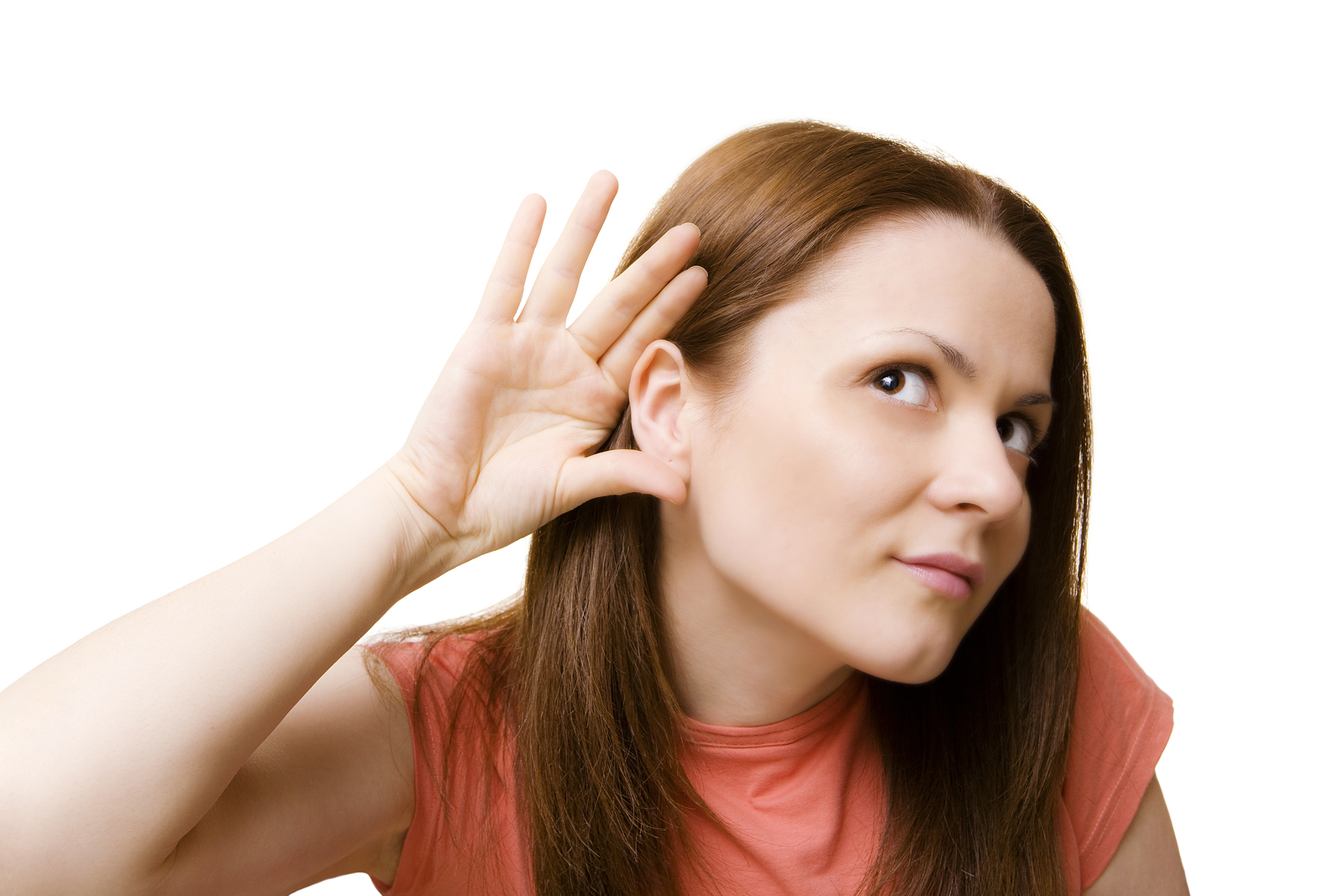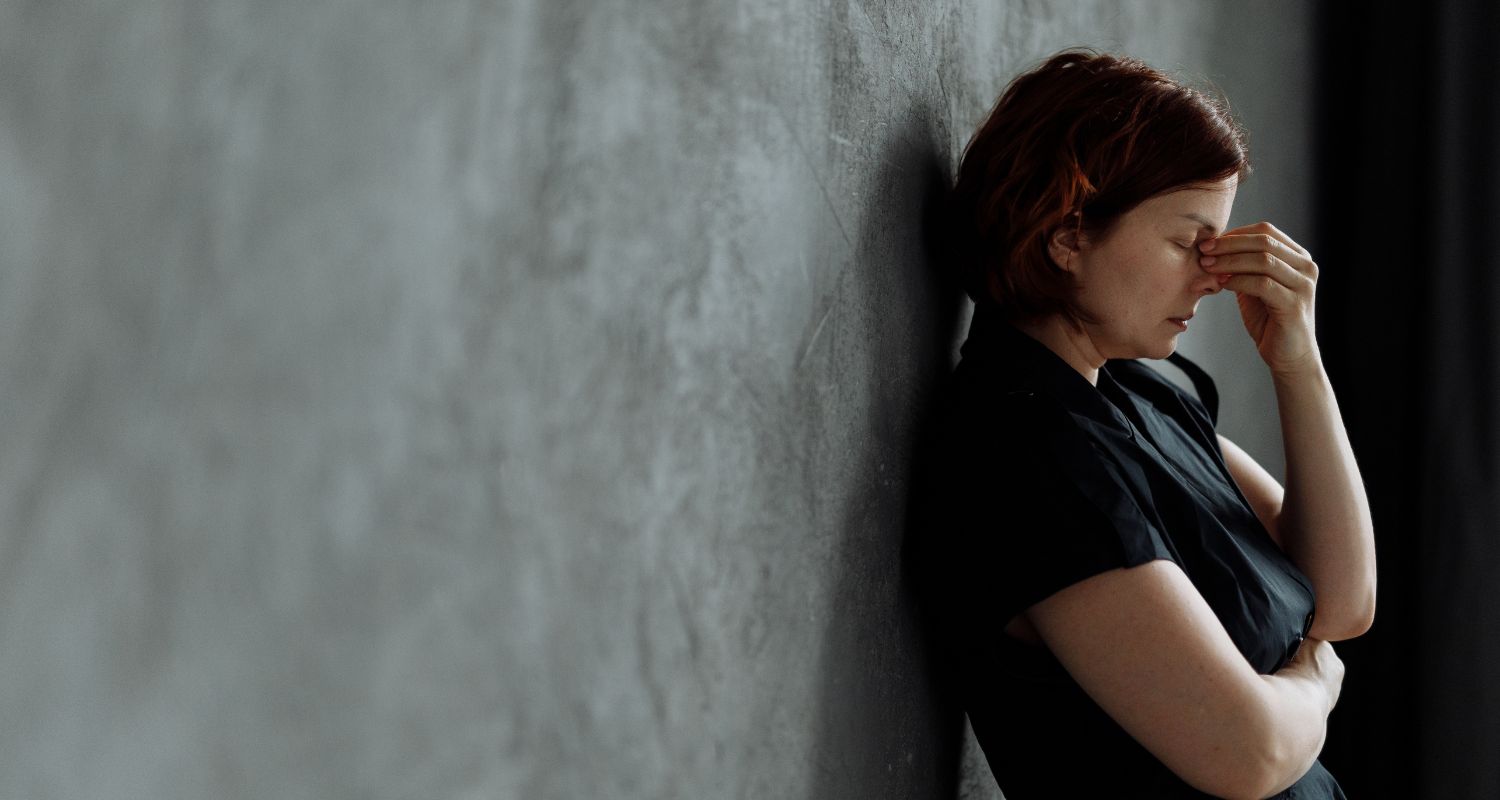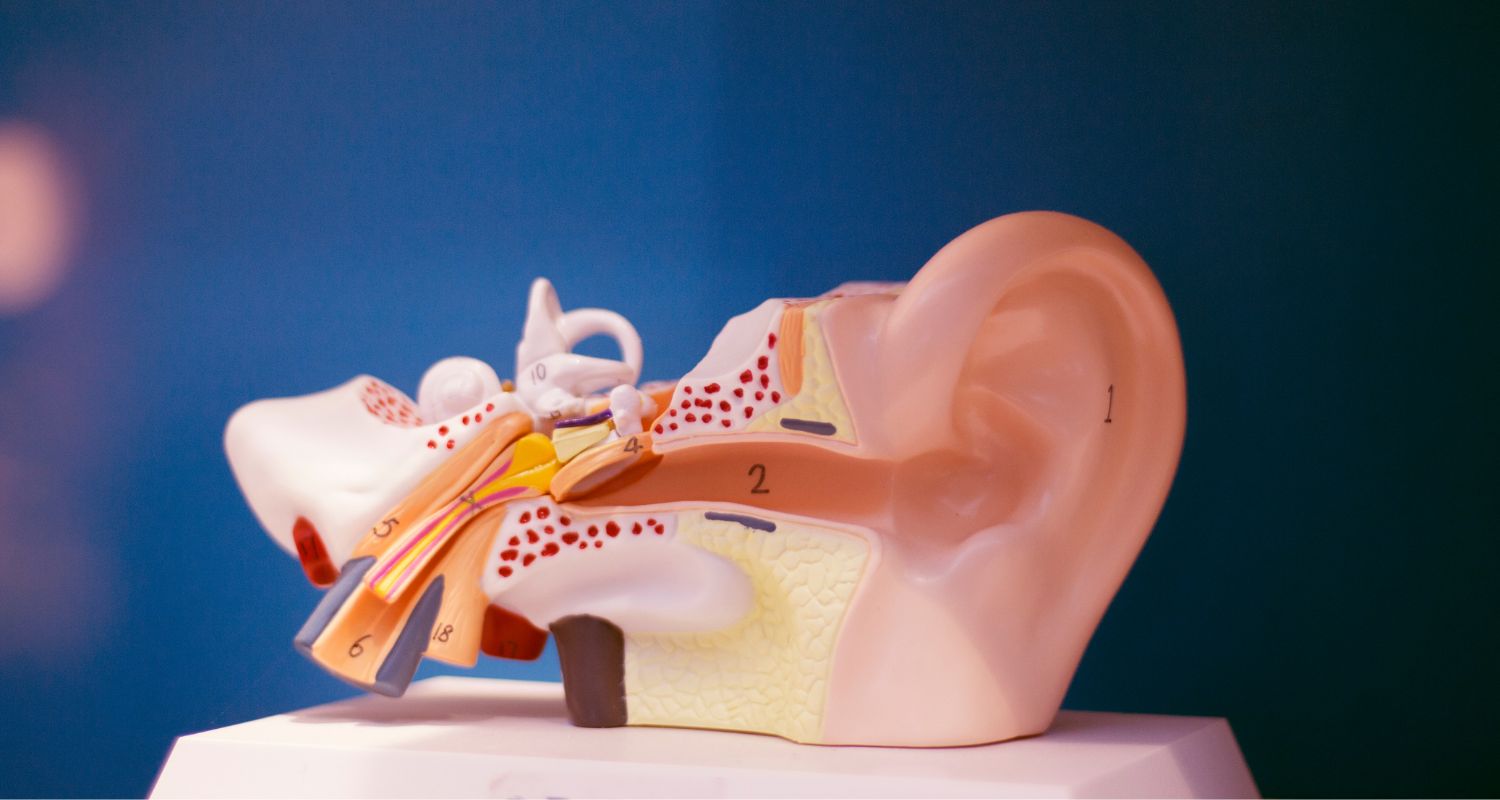
When you think back to the last time you had a balance issue, what were you experiencing? Did you have an experience of dizziness, a feeling of your head spinning, or needing to sit down? Any of these experiences might seem like they are located in the brain or another part of the body, such as the appendages. Although these body parts are indeed related to balance, did you know that your ears are also related? Although it might not seem obvious, your ears hold the key to balance in many ways, including the fluid levels in the inner ear and your hearing, as well. Let’s take a closer look at this connection, including the ways that your ears play a role in maintaining equilibrium and what happens when you lose your balance.
Ears and Equilibrium
In addition to the other body parts that monitor your physical location in space, your ears also play a role. We use all of our senses to maintain a sense of security that we will not fall down. This ability of the biped species is crucial to warning us of a potential slip or fall. When we become aware of something that threatens our ability to stand on two feet, the rest of the body can respond with assistance, including putting out one’s arms to catch ourselves and even hoisting ourselves up to protect our heads. What role do the ears play in this process? The inner chamber of the ears, known as the cochlea, are full of fluid. In the cochlea are also a wide array of sensors that let us know when pressure changes in that chamber. These tiny sensors are called stereocilia, and they play a crucial role in detecting, receiving, and alerting the body to specific frequencies of sound pressure. Not only are the stereocilia able to detect differences in sound, but they also detect the changes in pressure that occur when we turn our heads from side to side or invert our bodies. We combine the information we receive from this chamber, otherwise known as the vestibular system, with other types of sensory data, including from the eyes, nervous system, and muscles. In combination, we can determine if head movements are appropriate or not. When there is a disturbance of these sensors, we can become dizzy, nauseous, or experience vertigo. The fluid-filled vestibular system can even be likened to a level used in a woodshop. In that case, a bubble of air is used to determine the orientation of the level. Although the vestibular system does not have a floating bubble of air, it uses the changes in fluid pressure to ensure that a sudden shift in balance is not a threat.
Maintaining Balance
If you have had issues with maintaining equilibrium, many causes can be to blame. In the first place, you might be experiencing a change in blood composition that leads to light-headedness, such as low blood sugar. Other causes of dizziness include mental health or vertigo. Each of these causes has a complex backstory that you will need to work through with your doctors and mental health practitioners, as well. In some cases, a problem in the vestibular system is to blame for disequilibrium, light-headedness, dizziness, or fainting. If you have balance issues, the first place to begin is with a visit to your primary care physician. This expert can diagnose the complex nature of your condition and determine if you can benefit from a visit to an otolaryngologist, otherwise known as an Ear, Nose, and Throat doctor (ENT). If your primary care doctor recommends a visit with this specialist, you might discover that an issue with your vestibular system is to blame for feelings of imbalance. Most importantly, be sure to mention all of your symptoms to your doctor when you visit. Getting a full picture of your physical health is crucial to developing an accurate picture of your health and a full diagnosis. Your ears are important for more than just hearing, and your balance is crucially linked to the fluid in those inner-ear chambers, as well. Thanks to our ears, we are able to remain upright and comfortably balanced. Contact us today for more information.






Leave A Comment